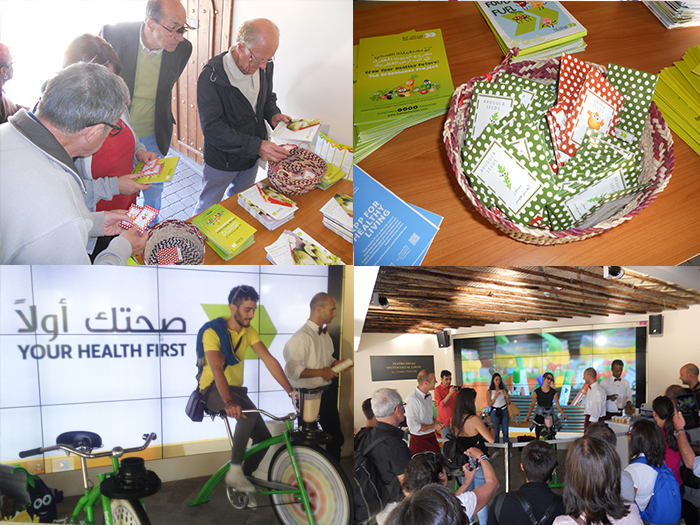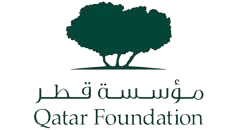

Qatar’s commitment to environmental sustainability and healthy, safe and plentiful food for all is being highlighted on the international stage.
Weill Cornell Medical College in Qatar is one of those contributing to the Qatar Pavilion at Expo Milano 2015. The college was invited to take part because of its groundbreaking Sahtak Awalan health campaign, which has been promoting health issues, organic food and sustainability to young people and the wider Qatar community for the last three years, as well as explaining how to prevent disorders like obesity and diabetes. Those same issues are now being highlighted to a global audience: Expo Milano is one of the biggest events of its kind in the world, with more than 140 participating countries and 20 million visitors over its six-month period.
Dr. Javaid Sheikh, dean of WCMC-Q, said Expo Milano was a wonderful opportunity to show the world Qatar’s commitment to food sustainability coupled with improving health in the region, and the contribution that WCMC-Q is making toward this vision.
Dr. Sheikh said: “Qatar is a desert country and so has huge interest in food sustainability. Work conducted by WCMC-Q’s Genomics Core will add to this by ensuring the future viability of the date palm. Qatar is also leading the way regionally in research into lifestyle disorders like diabetes, obesity and heart disease. I am proud to say that WCMC-Q is also playing a major role in both these areas through our Research Division and our Sahtak Awalan campaign. Our researchers are searching for new treatments while our health campaign is helping to educate children and their families about exercise and the importance of diets high in fruit and vegetables. This knowledge will help prevent them from contracting a range of lifestyle diseases.
“We are helping to create a generation who understand about health issues and are able to make a commitment to a knowledge-based economy and the goals of Qatar National Vision 2030.”
As part of WCMC-Q’s contribution to the Qatar Pavilion, two researchers gave presentations at the expo. Dr. Joel Malek, assistant professor of genetic medicine and director of WCMC-Q’s genomics core, led the team that was the first in the world to map the genome of the date palm – an important agricultural crop in the Middle East. Dr. Malek outlined how his research could help farmers to selectively breed the date palm, making it more resilient to future changes in the environment, health and agricultural needs of the future.
In addition, Dr. Shahrad Taheri, professor of medicine and director of the crs core at WCMC-Q, spoke about the Sahtak Awalan campaign and its many facets, including the Yalla Natural roadshow, which encourages people to eat organic, healthy food; and the Greenhouse Project, which provides schools to greenhouses to educate children about the befits of eating and growing fruit and vegetables. Dr. Taheri also talked about obesity, its implications, and the benefits that even a small amount of weight loss bring to the individual.
WCMC-Q’s Sahtak Awalan campaign also introduced Chef Eric Cousin, corporate executive chef at AMLAK Hospitality, to the expo delegates, who gave cookery demonstrations using fresh, organic ingredients. There were also the famous smoothie bikes, showing that exercise can be fun and that fruit and vegetables can be tasty.













